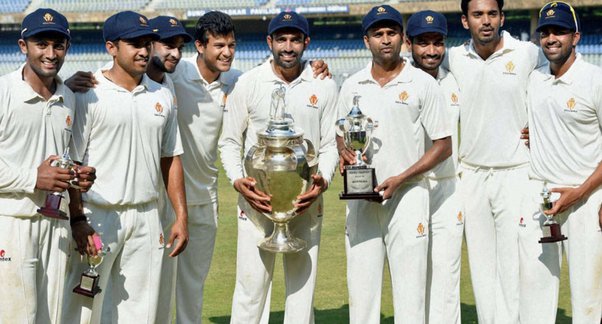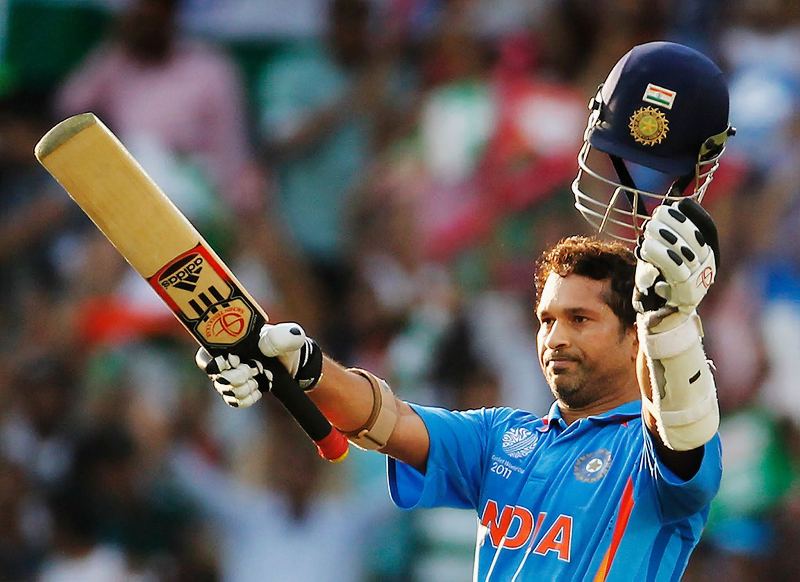Chokers In Chokers In Cricket

Introduction
In cricket, the term “chokers” refers to teams or players who, despite being in strong positions to win crucial matches or tournaments, falter under pressure and ultimately fail to secure victory. This phenomenon has been observed across various formats and has had significant implications for teams’ reputations and their psychological approach to high-stakes games. The concept of chokers is particularly associated with teams that have repeatedly succumbed to pressure in critical moments, leading to a perceived pattern of underperformance in key situations.
Origins and Evolution of the Term
The term “choker” gained prominence in the cricketing world following a series of high-profile collapses and underperformances by certain teams during crucial matches. One of the most notable examples is South Africa, whose cricket team was labeled as “chokers” due to a series of high-profile losses in critical matches, despite having strong squads and favorable conditions. The term has since been used more broadly to describe similar situations involving other teams or players.
South Africa: The Quintessential Example
South Africa’s cricket team has been the most cited example when discussing chokers in cricket. The team’s reputation as chokers stems from several memorable incidents:
- 1992 Cricket World Cup: South Africa was a strong contender in the 1992 World Cup, but a controversial rain rule (the infamous “Rain Rule” in a semi-final match against England) led to their elimination.
- 1999 Cricket World Cup: In the semi-final against Australia, South Africa needed just 22 runs off 13 balls with 4 wickets in hand. However, they ended up drawing the match due to a miscalculation of the target, leading to their exit from the tournament.
- 2003 Cricket World Cup: South Africa again found themselves in a strong position, but a dramatic collapse in the semi-final against Australia, where they were bowled out for 120, dashed their hopes of reaching the final.
- 2015 Cricket World Cup: South Africa’s loss to New Zealand in the semi-final was another instance where they failed to capitalize on their position, falling short of reaching the final.
Psychological and Strategic Factors
Several psychological and strategic factors contribute to the phenomenon of choking:
- Pressure and Expectations: High expectations and the pressure of crucial matches can often overwhelm players, leading to mistakes and poor decision-making. The mental strain of performing in high-stakes situations can adversely affect concentration and execution.
- Nerves and Composure: Maintaining composure and focus is essential in pressure situations. Teams that struggle with handling stress may falter when the stakes are highest.
- Tactical Errors: Misjudgments in strategy or tactical decisions can contribute to the loss of momentum in crucial moments. Poor decision-making in terms of field placements, batting orders, or bowling changes can have a significant impact on the outcome.
- Historical Patterns: Teams that have faced repeated high-pressure failures may develop a psychological burden or self-fulfilling prophecy, where past experiences influence current performances negatively.
Impact on Teams and Players
The label of being a “choker” can have both tangible and intangible impacts:
- Reputation: Being labeled a choker can affect a team’s reputation and how they are perceived by opponents and fans. It can create additional pressure on players to overcome past failures and prove themselves.
- Team Morale: The psychological impact of repeated high-pressure failures can affect team morale and confidence. It may create a sense of fear or doubt among players, further exacerbating the problem.
- Player Performance: Individual players may also struggle with the mental burden of past failures, impacting their performance in crucial situations. The psychological impact of being labeled a choker can affect players’ ability to execute their skills effectively.
Overcoming the Choker Label
To overcome the choker label, teams and players need to focus on several key areas:
- Mental Conditioning: Psychological support and mental conditioning can help players manage stress and pressure. Techniques such as visualization, relaxation exercises, and cognitive strategies can improve performance under pressure.
- Experience and Preparation: Gaining experience in high-pressure situations and thorough preparation can help teams and players better handle crucial moments. Learning from past failures and building resilience is essential.
- Team Dynamics: Strengthening team cohesion and fostering a positive and supportive environment can enhance performance. Building confidence and trust within the team can help alleviate the psychological burden of pressure situations.
Top South African Cricketers
1. Jacques Kallis

Overview: Jacques Kallis, born on October 16, 1975, in Cape Town, is widely regarded as one of the greatest all-rounders in the history of cricket. His ability to contribute with both bat and ball has made him an iconic figure in the sport.
Career Highlights:
- Test Cricket:
- Kallis’s Test career spanned from 1995 to 2014. He amassed over 10,000 runs, scoring 45 centuries and 29 half-centuries. His tally of 292 wickets at an average of 32.65 further underscored his all-round prowess.
- Notable performances include his 189 against England at the Oval in 2003 and his crucial contributions during South Africa’s series victories over Australia and England.
- One Day Internationals (ODIs):
- In ODIs, Kallis scored 11,579 runs, including 17 centuries and 86 fifties. His bowling record includes 273 wickets at an average of 31.79.
- He played a pivotal role in South Africa’s run to the semi-finals of the 2003 Cricket World Cup and was instrumental in many of South Africa’s ODI successes.
- Impact:
- Kallis’s ability to balance batting and bowling made him a valuable asset for the South African team. His technique, combined with his knack for taking crucial wickets, set him apart as a world-class all-rounder.
Legacy: Jacques Kallis’s contributions to cricket extend beyond his statistics. His work ethic, consistency, and leadership qualities have inspired many cricketers. He is widely respected for his contributions to both international cricket and domestic cricket in South Africa.
2. AB de Villiers

Overview: AB de Villiers, born on February 17, 1984, in Pretoria, is celebrated as one of the most explosive and versatile batsmen in modern cricket. Known for his innovative stroke play and remarkable adaptability, de Villiers has been a game-changer in all formats of the game.
Career Highlights:
- Test Cricket:
- De Villiers made his Test debut in 2004 and played until 2018. He scored 8,765 runs at an average of 50.66, including 22 centuries. His performances include memorable innings such as his 278* against Pakistan in 2013 and his 149 against India in 2015.
- One Day Internationals (ODIs):
- In ODIs, de Villiers amassed 9,577 runs, with an impressive average of 53.50, including 25 centuries and 46 fifties. His record includes the fastest ODI century, achieved in just 31 balls against the West Indies in 2015.
- He was pivotal in South Africa’s campaign in the 2015 World Cup, where his ability to score quickly and adapt to different match situations was crucial.
- Twenty20 Internationals (T20Is):
- De Villiers’s T20I career was marked by his innovative and aggressive batting. He scored 1,672 runs at an average of 26.12 and was known for his ability to play match-winning innings under pressure.
Impact: AB de Villiers’s style of play revolutionized modern cricket, especially in limited-overs formats. His ability to score quickly and his inventive shot-making made him one of the most exciting players to watch. He is also remembered for his exemplary sportsmanship and leadership.
Legacy: AB de Villiers’s impact on cricket is significant not only for his performances but also for his influence on the game’s evolution. His innovative batting and dynamic play have inspired a generation of cricketers to embrace aggressive and adaptable styles.
- Test Cricket:
Conclusion
The concept of chokers in cricket highlights the critical role that mental strength and pressure management play in high-stakes matches. While South Africa is often cited as the quintessential example, the phenomenon of choking is not limited to any one team or player. Understanding the psychological and strategic factors contributing to choking and addressing them through mental conditioning, experience, and team dynamics can help teams and players improve their performance under pressure. Ultimately, overcoming the choker label requires a combination of mental resilience, strategic acumen, and the ability to perform when it matters most.




